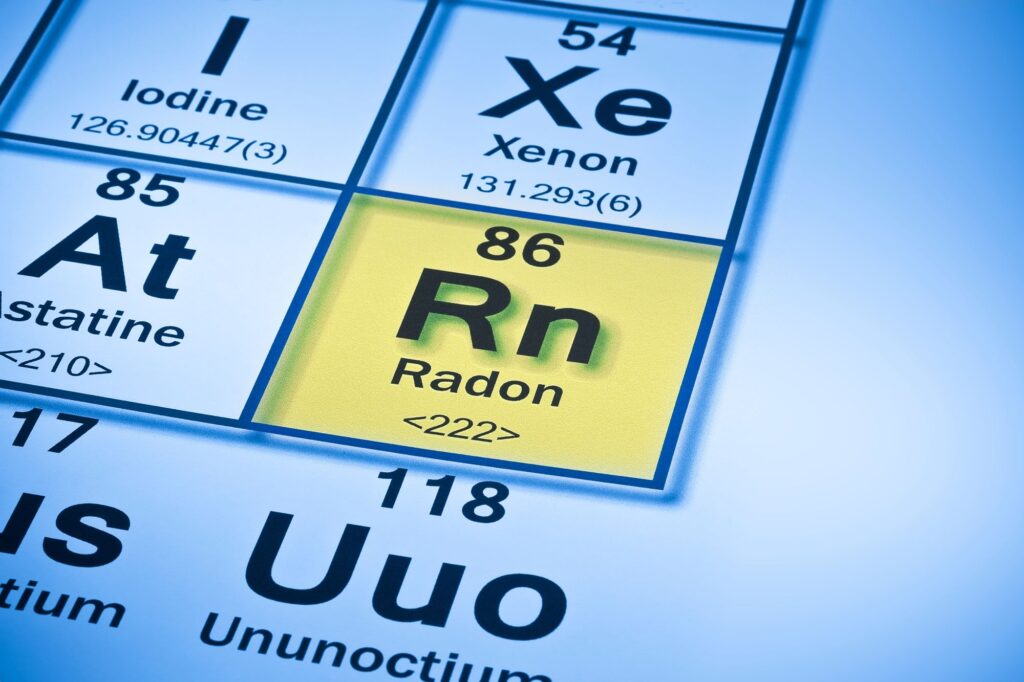10-minute rule Bill would increase road tax for diesel vehicles and restrict them from entering certain urban centres
The case for a draft bill aimed at tackling car emissions by setting urban air quality targets and restricting diesel vehicles in certain areas is set to be heard in Parliament tomorrow (February 22).
Labour’s Geraint Davies MP (centre) promoting his draft air quality bill in his Swansea constituencyProposed as a 10-minute rule motion by Labour’s Geraint Davies MP, the Air Quality (Diesel Emissions in Urban Centres) will be considered in the House of Commons tomorrow after 11.30am for a possible future first reading in Parliament.
Mr Davies MP said the draft Private Members’ Bill aims to “reverse diesel death”, calling for a ban on diesel vehicles from polluted urban areas which fail Euro 5 emissions standards and for road tax for diesel cars to increase according to their emissions.
Elsewhere, it urges an extension of low emission zones and pedestrianisation policies and support for electric tram systems, LPG (liquefied petroleum gas) and hydrogen or electric buses and taxis.
It also calls on the government to improve urban air quality by “ensuring vehicle emissions-testing in 2017 reflects on-road driving conditions and developing MOT tests to test emissions and detect ‘cheating devices’”.
10-minute rule
The Labour MP for Swansea West, who lost out to Mary Creagh in the election for a new Environmental Audit Committee chair earlier this month (see AirQualityNews.om story), will have just 10 minutes in which to speak in favour of his draft bill tomorrow.
An opposing speech may then be made before the House decides whether or not the Bill should be introduced. If successful, the draft Bill will then have its first reading at a later date.
The draft Bill states: “This House notes that over 50,000 people die prematurely each year from diesel pollution — 55% from particulates, 45% from nitrogen oxides — with diesel cars producing 22 times more carcinogenic particulates than petrol and four times more NOx (causing lung and blood vessel damage, heart disease, stroke and diabetes).”
It continues: “That these medical effects have been known for over 15 years; that half of new cars are diesel up from 10% in the 1980s; that laboratory emissions testing has not reflected on-road driving conditions and some vehicles have had test-cheating devices installed…”












Leave a Reply